
How to Run a Florida Arrest Records Search
Find out how to lookup if someone was arrested in Florida by county or statewide. View their police reports, arrest charges, mugshots, court case records, convictions, and jail and prison records.
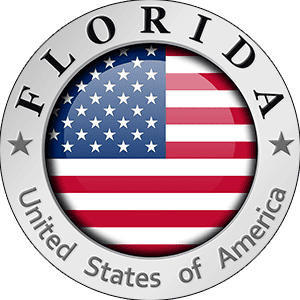

Criminal Records in the state of Florida are an important aspect of public safety and personal awareness. These records serve as a comprehensive repository of an individual's interactions with the criminal justice system, which are maintained by various state and local agencies such as the Florida Department of Law Enforcement (FDLE), county sheriff’s offices, and local police departments. Within these records, you will find detailed accounts of arrests, charges, court proceedings, and their outcomes.
Now, you might be wondering, "How can I run a Florida Criminal Records Search?". There are some reliable online resources that are publicly accessible by anyone. Let’s break it down step-by-step from state level searches to county level searches.
1). Florida Department of Law Enforcement (FDLE): The FDLE offers a publicly available online database for FL criminal records searches. This centralized state-run system, known as the Criminal History Information (CHI) system, is a solid go-to resource. All you need to do is visit the FDLE website, then go to the Florida Criminal History Information section, and enter the required information which is a first and last name and date of birth.
2). County Sheriff’s Office or Clerk of Court: For a more localized search, each county in Florida maintains its own criminal records. Head over to the respective county sheriff’s office or clerk of court’s website. For example, if you want to lookup Broward County FL Criminal Records, you can contact the Broward County Clerk of the Courts. There you can run a criminal court record abstract for people that have been tried and convicted in that county. If you know what county you want to perform your research in, you can contact the relevant county sheriff department or county courthouse. Most counties will offer localized searches for information about people that have been either arrested or tried in the respective FL county criminal courthouse. If you are looking for someone’s FL arrest record, or incarceration information, you can contact the respective sheriff department, or city police department.
3). Online Public-Access Portals: Since most Florida public criminal records are just that, publicly available records, you don’t just have to limit yourself to state run agencies. You can also use third-party public records websites to access this information. These resources are often easy to use and tend to offer much more in-depth information about a person’s criminal past. Typically, you can just run a first and last name, through these online databases to access a person’s complete background check. These records will include court case records, arrests, convictions, warrants, convictions, felonies, misdemeanors, and incarcerations.
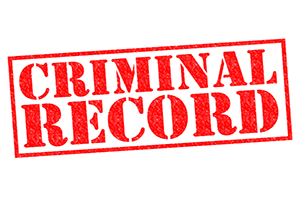
Now, let’s delve into the specifics of what are the most common crimes in the state. Here are the top 10 criminal offenses that lead to arrests and incarcerations:
1). Drug Possession: This mostly includes the possession of controlled substances such as illegal drugs and unauthorized prescription medication.
2). DUI (Driving Under the Influence): Driving under the influence of alcohol or drugs is a major offense, leading to numerous misdemeanor and felony arrests.
3). Theft and Larceny: These charges primarily include shoplifting to grand theft. These crimes are the most prevalent in the state.
4). Assault and Battery: These involve various incidents of assault and battery. These can include domestic violence, and aggravated assault. Both can be very serious, resulting in misdemeanors and felonies.
5). Burglary: These charges range from robbery to breaking and entering into homes, businesses, and vehicles. The charges involving force or physical violence are the more serious crimes that typically result in prison time.
Understanding and accessing these publicly available records is important for various purposes, including background checks and personal investigations. This can help people be knowledgeable about those with a criminal past in their inner circles and help to keep loved ones a bit safer. This may include researching people at work, school, and in their neighborhoods. The FL Sunshine Law makes these records available for anyone to view, without needing to ask permission.
Restrictions and Ethical Usage of FL Public Records
A very important part of researching publicly available records and using them is that you must follow state and federal guidelines. For example, if you want to run an official criminal background check on someone, you must first get permission from the person in question, as well as use a verified FCRA certified resource. If you are merely using the information you obtain for personal research, then almost any third-party or non-FCRA resource is allowable. It is also important to point out that it is illegal in any situation to harass or intimidate or stalk anyone with the information you obtain.
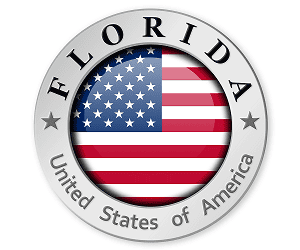

Find out how to lookup if someone was arrested in Florida by county or statewide. View their police reports, arrest charges, mugshots, court case records, convictions, and jail and prison records.
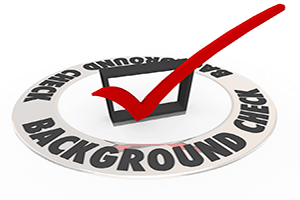
Run a Florida Criminal Background Check on Anyone with first and last name. Find out the truth about a person's criminal past, their criminal convictions, jail and prison time, and if they have a checkered past.

Anyone can run a Florida warrant search online since they are part of a person's public records. This can be done through various online resources, some offering anonymous searches.
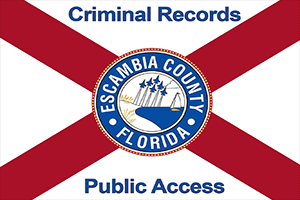
Escambia county criminal records can be found with some easy to use online resources. View anyone's criminal past, arrest history, convictions, active warrants, and complete background record.

Duval County, home to Jacksonville Florida, the largest city by land area, also has a diverse population and high crime rate. To access criminal records in this community you can use either county or state government resources.
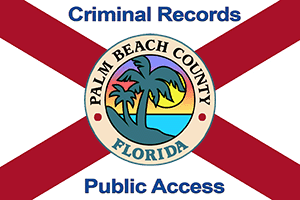
Palm Beach County Florida has a diverse and complex criminal justice system that is accessible by the public. Anyone can lookup criminal records with a simple online name search.
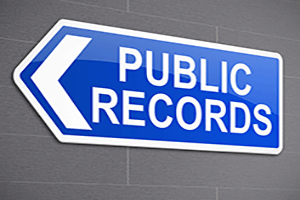
Florida Public Records, accessible by anyone, include civil and criminal records, court records, property records, driving records, vital records, business records, and more,
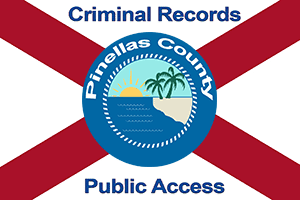
Pinellas County Florida has a large population and a high property crime rate compared with most of Florida. Find out the truth about anyone's criminal past with a simple online search.
DISCLAIMER: CriminalRecords.us aims to offer convenient, affordable, and timely access to public records generated by government entities. CriminalRecords.us is an independent service and is not connected to or endorsed by any federal, state, or local government or agency. As we are not the original source of the information provided through CriminalRecords.us, we cannot guarantee the accuracy, completeness, or currency of the information. CriminalRecords.us is not a consumer reporting agency as defined by the Fair Credit Reporting Act (FCRA), 15 USC § 1681 et seq. The information provided on this site cannot be used to determine an individual's eligibility for personal credit, employment, tenant screening, or any other purposes defined under the FCRA. Misuse of information from CriminalRecords.us for purposes such as stalking or harassment may result in civil and criminal penalties. By using CriminalRecords.us, users agree to comply with our terms of service and privacy policy, and acknowledge that they will not use the information for any purposes governed by the FCRA.